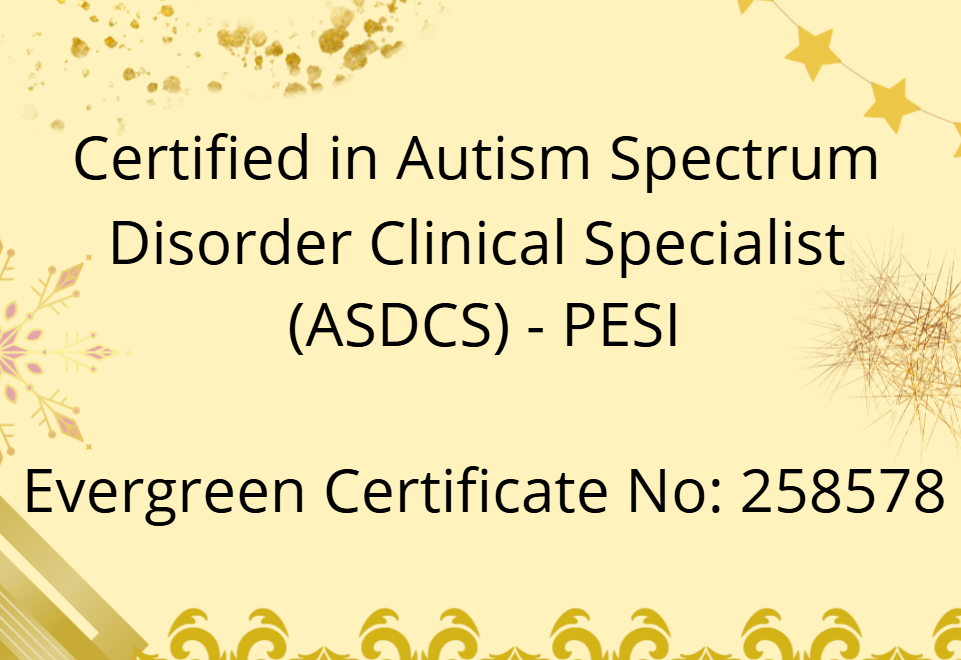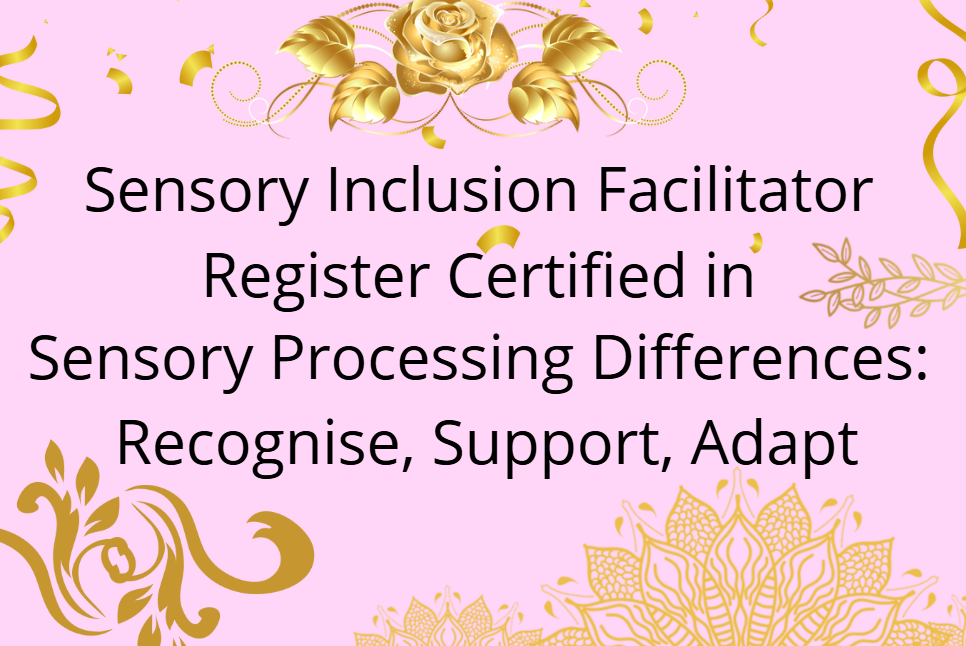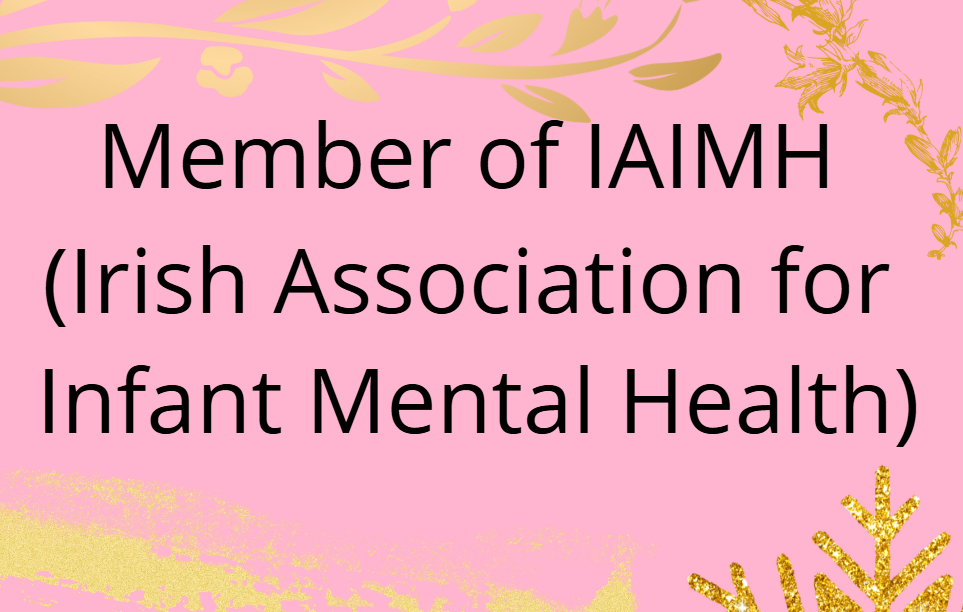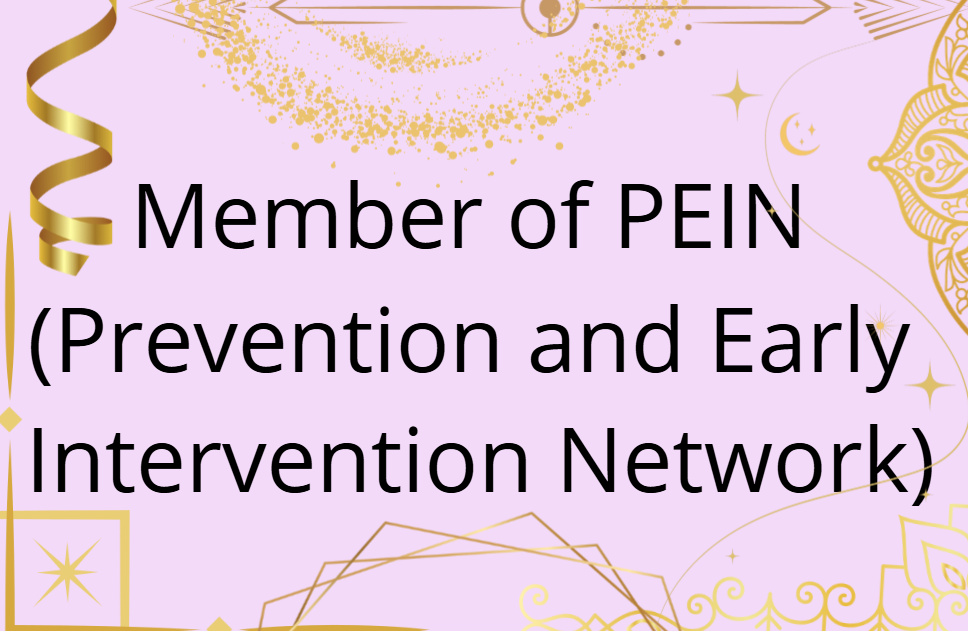How Parents Shape the Eating Habits of Preschool Children

Author: Kristina Rautek Potocnik, BA (Hons) Ed. Rehab., HDip Early Childhood Studies, MA Early Intervention & Inclusion, Cert. Play Therapy | SI | ASD | Reflexes, ongoing MSc SLT
How Parents Shape the Eating Habits of Preschool Children
Children begin learning about food and eating habits from a very young age. One of the most important influences on how they eat is the example set by adults in their lives, especially parents. By offering a variety of foods and encouraging curiosity around new tastes, parents can help children enjoy healthy eating and avoid picky habits later on.
Children do not learn about food on their own. The people around them, including family members and early years educators, play a key role in shaping their preferences and routines. At NutriSano Nutrition Centre, we aim to support all adults—especially parents—by sharing practical knowledge about how early eating habits help children build lifelong health.
Good nutrition is important not just for physical growth, but also for brain development, emotional wellbeing, and social interaction. In the first few years of life, a child’s body and brain grow rapidly. They need energy and nutrients from all the main food groups—protein, healthy fats, vitamins, minerals, and carbohydrates—to support healthy development. These nutrients are found in foods such as vegetables, fruits, grains, dairy, and meats. When children lack certain nutrients, it can lead to health problems, both now and in the future.
Unfortunately, childhood obesity has become a growing concern around the world. Poor eating habits, high-sugar snacks, and a lack of structure at mealtimes can lead to weight problems. These often continue into adulthood and increase the risk of heart disease, diabetes, and low energy levels. That is why healthy habits need to start early and be part of everyday routines.
Between the ages of one and three, many children explore food through play. They are learning to feed themselves, use their hands, and choose what they like. This is also a time when many parents return to work and children start attending preschool. With this change, responsibility for meals is often shared between family members and educators, which makes good communication between home and school very important.
Nutrition tools like the Food Pyramid and MyPlate can help parents plan meals. These tools show which foods should be eaten often, and which should only be eaten sometimes. They also help explain how to build a healthy plate with a balance of food groups.
Children copy the behaviour they see. From around age two, they begin to prefer the foods their parents eat. Family meals, shared cooking, and involving children in grocery shopping or food preparation can help build a healthy connection to food. When a child sees a parent making healthy choices, they are more likely to do the same. These shared moments also help build strong family bonds and positive mealtime routines.
It is also important to be mindful about sugar. Free sugars are found in sweets, soft drinks, sweetened juices, biscuits, and cakes. These sugars can affect energy levels, concentration, and mood. Over time, they may also impact a child’s ability to learn and remember, and increase the risk of long-term health problems. While it is okay to enjoy a treat now and then, limiting sugar and choosing whole foods gives the body what it really needs to function well.
Parents have a powerful role in shaping the food habits and health of their children. Through patience, example, and shared routines, we can help children build strong foundations for a lifetime of healthy eating.
Latest Posts
- How children make sense of the world through their senses
- How your baby learns about the world through their senses
- Helping your child grow stronger through movement and play
- Understanding How Early Intervention Helps Children Learn, Move, and Connect
- How to Recognise Tactile Defensiveness and Help Your Child Feel Safe
- Understanding Feeding Challenges and How to Support Your Child at Home
- Let’s Talk Sitting: Exploring Floor Seating Options
- Retained Primitive Reflexes: The Hidden Cause Behind Developmental Struggles
- Where Curiosity Blossoms: How Children's Play Nurtures Growth for All
- Helping Your Child Through Stress: A Gentle Guide for Parents
- Sweet Little Lies – How to Recognise and Respond with Care
- Chores Are More Than Just Tasks – They’re a Tool for Growing Independence, Focus, and Confidence
- How to Help Children Develop Emotional Intelligence
- Blending Technology and Care: How VR Meta Quest Supports Children at NeuroNest
- A simple guide for parents who want to raise confident, happy children
- Setting Boundaries with Love: A Simple 3-Step Guide for Parents
- Understanding Behavior Through the Nervous System
- A Compassionate Lens on Dysregulation in Non-Speaking Autistic Individuals
- Supporting Development Through Movement: The Role of the Swing in Early Intervention
- Blending Tradition and Innovation: How NeuroNest Supports Your Child’s Unique Journey
- When Movement Meets Innovation: Supporting Child Development with GoBalance
- Why Visual Perception Matters for Everyday Life and Development
- Benefits of Chess in Early Intervention
- Building Healthy Nutrition from the Start
- A Journey Back to Your True Self
- Supporting Your Child’s Hand Skills for Confident Writing
- Blending the Best of Both Worlds
- Helping Toddlers Eat Well: A Parent’s Guide
- Why Tummy Time Matters for Your Baby's Development
- Helping Your Child Build Everyday Independence
- Who Are the Disconnected Kids?
- From First Tries to Automatic Habits: Understanding the Stages of Skill Learning
- Why a Child’s Level of Alertness Matters for Memory and Learning
- Early brain development starts before birth
- Why Slowing Down, Adapting Tasks, and Adding Breaks Helps Children Learn Better
- Why ADHD, Autism, Dyslexia and Other Challenges Need a New Approach
- The surprising power of copying in child development
- Books are more than just language tools—they’re powerful allies in sensory and motor development.
- Rethinking sensory support: moving beyond expensive rooms toward everyday understanding.
- Understanding how fear develops in a child’s brain
- Understanding how an early baby reflex can affect your child’s daily life
- A gentle start into baby development through movement and bonding
- A child-centred, research-informed approach that uses the power of play to support communication, emotional regulation, motor development, and meaningful growth from infancy to twelve years.
Our Partners


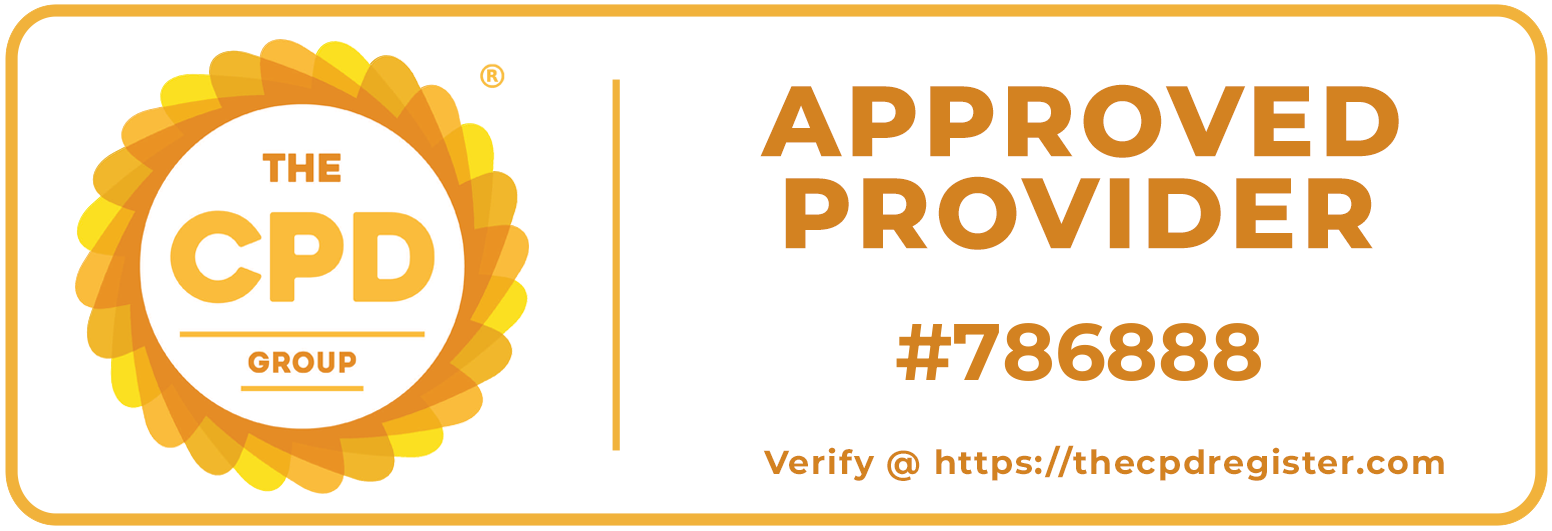
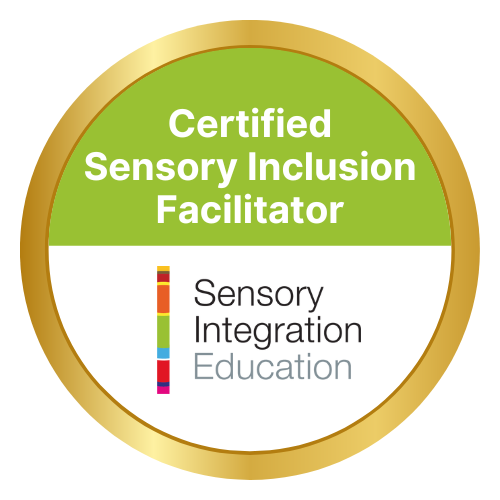
Our Memberships



